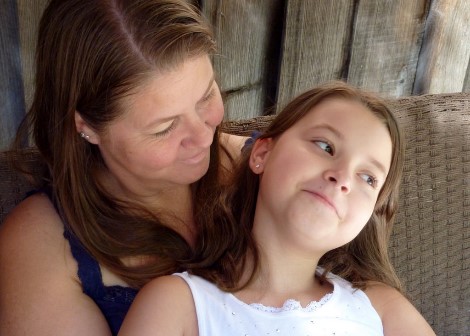During the pre-teen years, a child’s social network is very important to them. However, they still need the love and support of their parents as much as they did when they were younger.
Having a close bond can make the transition from child to teen smoother for both parents and children.
Often in the pre-teen years, parents need to have difficult conversations with their child about issues such as bullying, puberty, and academic performance.
A close parent-child connection with open communication can make these conversations easier for both parents and their pre-teens.
Staying connected to your pre-teen child
- Eat meals together as a family (screen free) as often as possible; use this time to talk together and share things about your day. This becomes more difficult as children get older with sporting and other commitments; however, aim to eat and talk together as a family at least once a day.
- Have fun as a family: play games, go to the beach or for walks.
- Try to have regular one on one time with your pre-teen. Even if it’s only while you’re in the car, make the most of the time to connect.
- Show affection regularly, even just a quick hug or shoulder squeeze can mean a lot to your child.
- Be interested in them and their life. Get to know their friends, their favourite subjects and areas where they are struggling.
Communicating with your pre-teen child
- Practice and use active listening.
- Learn the art of negotiation and conflict management.
- Have family meetings to resolve issues and celebrate successes.
- Encourage and allow your child to share their feelings and help them to manage these feelings when needed.
Want to know more?
There are many books, websites and courses which can help parents to maintain a strong, warm connection to their child and help with communication especially around emotions.
Raising Children Network – Pre-teens: communicating and relationships
Maggie Dent – Communication for family harmony
Kids Matter – Family relationships: Further resources




